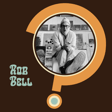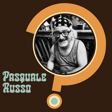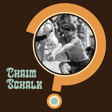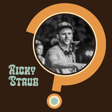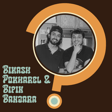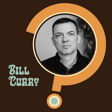
Episode 9 - Sarah Richardson
Sarah Richardson is a co-founder and CEO of MicroByre, a biotech company that specializes in domesticating bacteria. A computational and molecular biologist, Sarah earned a BS in Biology at the University of Maryland College Park and a PhD in Human Genetics and Molecular Biology from the Johns Hopkins University School of Medicine. Sarah is, like, really, really smart. But she’s also really down to earth and she has a really unique story for how she got to where she is now. She had to take the road less traveled more than once. We talked kids, what it’s like to start a company that is breaking new ground, and how believing in yourself and your mission can be key to keeping you motivated when things get hard. You can find out more about the work of MicroByre by visiting their YouTube playlist.
